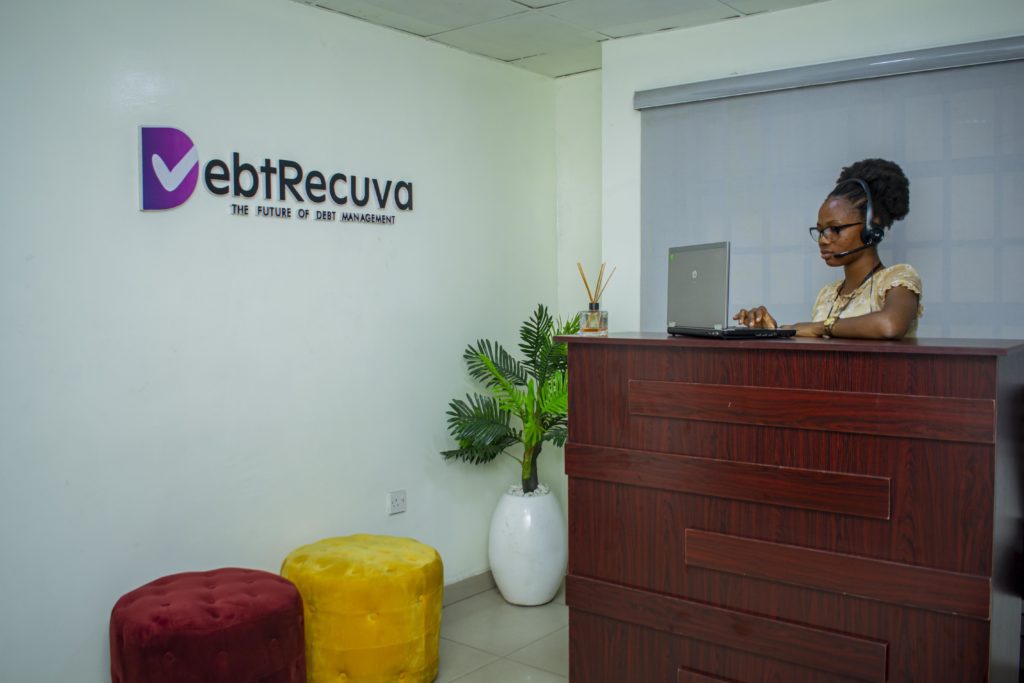
In 2005, the Central Bank of Nigeria instituted the Microfinance Policy, under which microfinance banks were established, primarily to improve the economy by giving low-income earners and micro-entrepreneurs access to essential financial services like loans with little or no collateral. This policy helped serve a previously underserved demographic and provided them with much-needed financial services.
This initiative was a welcome development at the time, as various investors sought licenses to set up microfinance banks, and within a short time, many of these institutions dotted the streets of Nigerian cities. Over time, many commercial banks, fintech, and other institutions also entered the lending space, providing services such as quick, no-collateral loans, salary advances, non-payroll lending, and SME lending to lower and middle-class Nigerians. With a massive population of over 120 million and majority economically active yet poor and lacking adequate support in terms of credit facilities from the financial sector, this policy exposed a burgeoning market in Nigeria.

The problem
Despite providing a necessary service, a good number of micro-finance banks and lending institutions have become insolvent or run into huge losses due to their rising bad debt profile and poor debt management.
The attitude of many Nigerians toward debt repayment has been a substantial impediment to the consumer loan industry, as many people apply for loans with no intention of repaying. Due to the high-risk nature of these debts, many commercial banks are wary of retail lending and have put a hold on their credit card and salary advance offerings.
In recent years, many lending institutions have come under fire for their debt recovery practices. As most of these lending institutions operate completely online, they do not meet their customers and as such cannot fully verify the veracity of their details. This means that in the case of unpaid debt, these lending institutions have to resort to unconventional and/or unethical means like incessant phone calls and sometimes threats to both debtors, their guarantors, and/or anyone on their contact list, to recover loans or be forced to write them off as bad debt.
Despite this persistent problem, lending institutions have failed to re-invent their debt management, collection, and recovery processes to address these issues, and as such the cycle of bad debt continues.
Yet, however wrong, crude, and unethical the recovery processes are, Nigerians have not been discouraged from taking out loans with these institutions. This is a pointer to the obvious fact that there exists a massive and largely untapped market for nano-credit facilities in Nigeria, and for this market to thrive, there must be a solution to this lingering problem of debt collection and recovery.
DebtRecuva’s solution
Founded in March 2021, DebtRecuva is a tech-based solution to the problem of debt management. It was founded by Peace Obule, a former banker and Business Development expert, and Gafar Iyowu, a Risk Management expert. DebtRecuva was created to provide comprehensive risk management services, including understanding, analyzing, conceptualizing, implementing, auditing, and re-mediating through bespoke technology.
According to co-founder Gafar Iyowu, the company understands that each debt recovery situation is unique, and in that regard, they deploy a customized recovery program tailored to clients’ and debtors’ unique circumstances to help their clients recover their money.
How does DebtRecuva work? DebtRecuva takes over the process of loan retrieval by first verifying the address of the debtor and employing friendly and non-invasive techniques to retrieve loans. The company fully automates the loan retrieval process for companies and collection agencies through its software which companies integrate into their system. This software helps with real-time case allocation and resolution when payment is made, and with a client’s unique sign-in key, progress made on each debtor can be viewed and assessed in real-time. DebtRecuva also has an automated tracking system that can pinpoint an evasive customer’s location while aiding skiptracing.
With DebtRecuva, financial organizations no longer have to resort to unethical means to recover loans. Their methods have proven effective so far as shown in the successes recorded within the company’s first six months of operation. According to the company, they have achieved a collection rate of over 25% month on month for portfolio companies with a debt size of over three billion Naira.

DebtRecuva has successfully created a win-win situation for lenders and borrowers alike as they have helped clients maintain a healthy debt and risk assets profile, reduce debt management costs and keep their customers. Borrowers, on the other hand, are managed ethically and empathetically, thereby giving them more confidence in the financial system, helping each customer out of debt and onto a path toward financial independence. With DebtRecuva handling the collection space, lenders can focus on lending and improving their processes.
DebtRecuva has also rolled out its app-based partner agents framework in various states in Nigeria, including Lagos, Oyo, Ogun, FCT, and Calabar, with the roll-out in other cities such as Owerri, Port-Harcourt, and Kaduna already in the works. These partner agents are responsible for address verification and timely debt collection services.
“Our goal is to create Africa’s most successful tech-driven risk and debt management organization with a mission to deploy technology and use the best-in-class integrated business risk and debt management practices to determine potential future events and manage them proactively rather than reactively”, Peace Obule says. “By leveraging Data Analytics, we can understand borrowers’ behavior and payment patterns and, as a result, determine the creditworthiness of a potential customer.”
So far DebtRecuva has been a welcome addition to the Nigerian financial sector and is on its way to revolutionizing the sector and creating ease in the process with the use of technology.
Connect with DebtRecuva here to find out more.


















